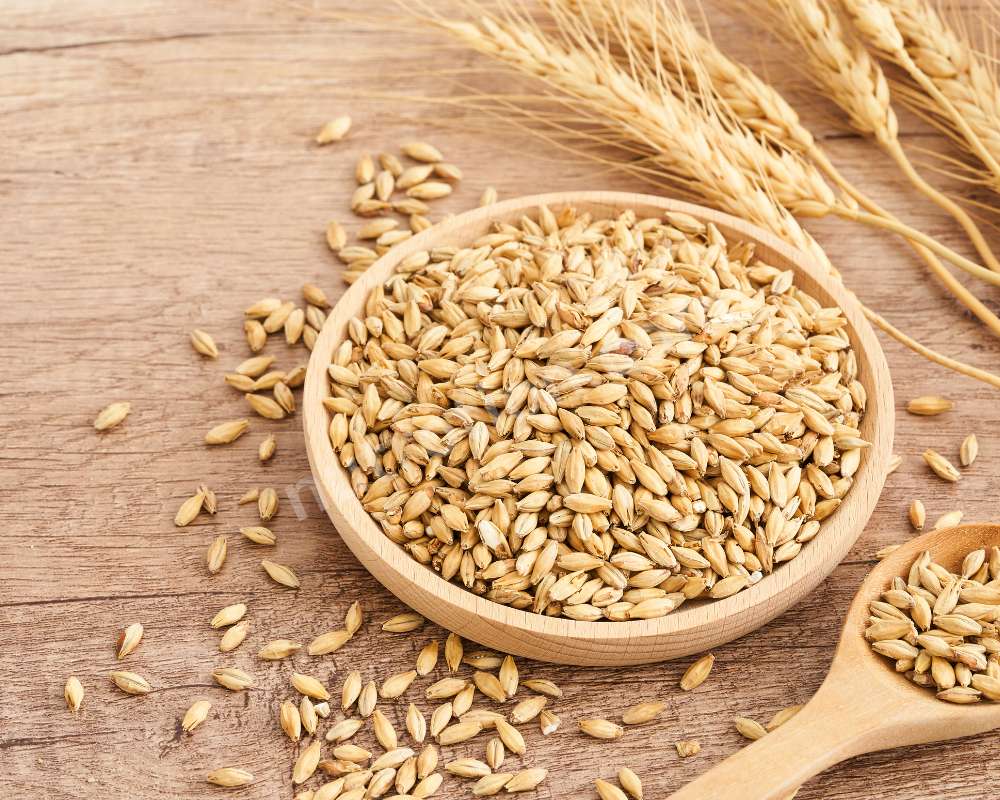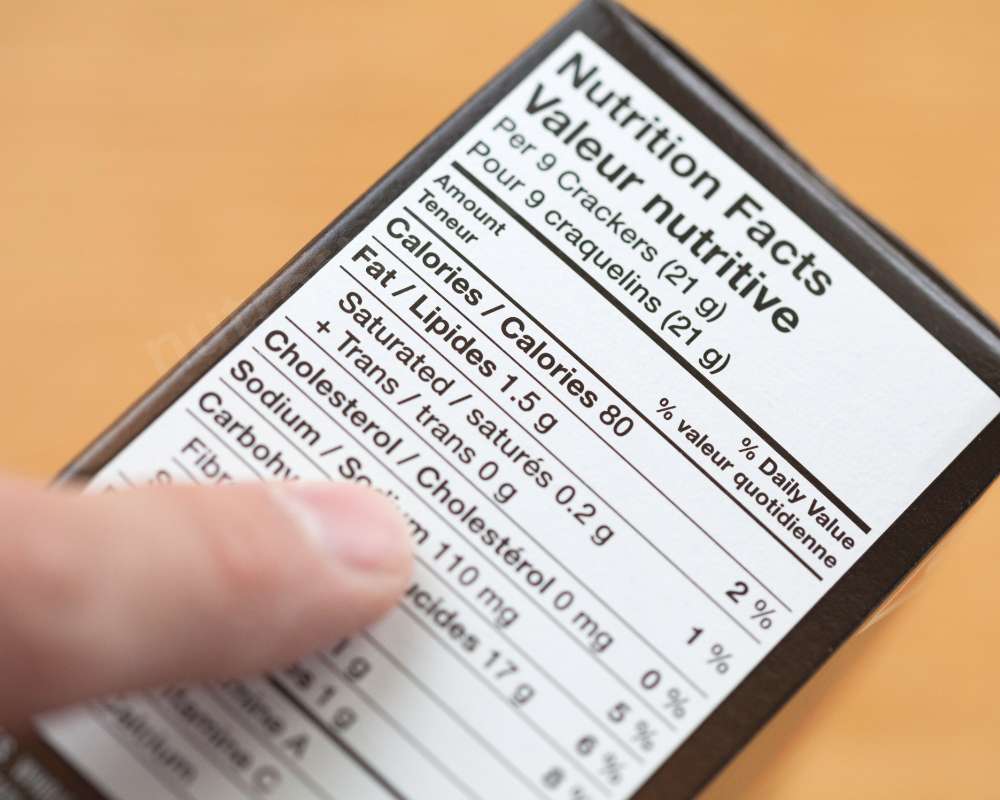Eating healthy is not all about aesthetics; it is about providing your body with the important nutrients it requires to perform at an optimum level. Balanced dieting provides the structural elements for healthy bones, muscles, and organs, maintains energy levels, and leads to a good mood. Here’s a roadmap to get you started:
Know Your Food Groups

Imagine that your plate is divided into sections. Optimally, your plate should have the majority of its space dedicated to colorful fruits and vegetables (i.e., slightly more than one-third). These powerhouses are the perfect sources of vitamins, minerals, and fiber which are vital for health.
Fruits and Vegetables

Fruits and vegetables consist of numerous choices of colors, every one providing a particular set of nutrients. The deeper the hues of orange and yellow like carrots and sweet potatoes, the more beta-carotene they carry. Beta-carotene is a precursor to vitamin A essential for vision and immunity. Berries are packed with antioxidants that prevent free radicals and keep your cells healthy. Among all leafy greens, there are spinach and kale which are rich in vitamins C and K, important for the health of bones and collagen production.
Grains

The third main food group are the whole grains, which are recommended to take up another considerable part. Whole grains give you sustained energy and also make you feel fuller for longer. The brown rice, quinoa, and the whole-wheat bread are good alternative. Unlike their refined counterparts, whole grains are not processed and they retain their mutton and embryos, which are rich in vitamins, minerals, and fiber. Fiber ensures your digestive system is in tiptop condition and it also helps to regulate your blood sugar level.
Protein

Protein is the foundation of building and repairing tissues. Lean proteins like fish, beans, lentils, and poultry can grab a smaller part of your plate. Proteins perform a wide range of bodily functions such as muscle building and enzyme and hormone production.
Fats

Don’t forget healthy fats! Avocados, nuts, and olive oil are good sources of unsaturated fats, which are beneficial to your heart and brain. Conversely, avoid saturated and unhealthy fats commonly found in packaged foods and red meat. Saturated fats help decrease bad cholesterol levels and reduce the risk of heart attacks.
Dairy or Dairy Alternatives

Lastly, dairy or dairy substitutes (the likes of fortified plant-based drinks) are a great source of calcium which is essential in bone building. Lactose intolerant? No problem! There is a wide variety of calcium-rich choices such as spinach, fortified cereals, and tofu.
Water Is Also Essential

The water is simply a nutrient that your body greatly needs for it to function optimally. Ensure that you are drinking eight glasses of water in a day, and if your daily activities are more, adjust it based on the climate.
Developing a Balanced Diet Plan

Eating a balanced diet needn’t be complicated at all. Here are some tips to incorporate into your daily routine:
Spice Up Your Meals

Do not be hesitant to use various herbs and spices to add taste to the food that you are cooking. This can help you use less of the unhealthy ingredients such as salt and sugar. In addition to their salty and sweet taste, fresh or dried herbs also provide vitamins and other minerals.
Plan Your Meals

Planning your meals beforehand will help you to make healthy choices and curb unhealthy temptations. When pressed on time, it is much easier to make choices of quick but often unhealthy foods. Meal planning gives you a chance to cook healthy meals and then divide them into portions for the week. This allows you to always have healthy food at your disposal.
Read Food Labels

The knowledge of food label reading is an important skill to make responsible meal selections when shopping at a supermarket. Observe the serving sizes, calories and fat, sugar, and sodium content in a product. Select foods that are lower in saturated fat, added sugars, and salt, and higher in fiber and wholegrain products.
Cook More at Home

You also get more control over the ingredients of your meals when cooking at home. Home cooking allows you to pick fresh foods and avoid processed fat, added sugars, and excessive salt.
Snack Smart

Select fruits, veggies, nuts, or even yogurt for a healthy snack. These help to keep you feeling full till the next meal and thus limit cravings. Try to have a variety of different snacks over the course of the day so as to make sure that you get all the vitamins and minerals that you need.
Don’t Deprive Yourself

An occasional treat won’t prevent you from being a healthy eater. Enjoy your favorite foods in moderation and make smart choices the majority of the time. In essence, a balanced diet is not about extreme dieting but rather embracing healthy and sustainable choices.
Listen to Your Body

Listen to your hunger and fullness signals. Eat slowly and enjoy your food, stopping when you are no longer hungry. Eating mindfully will teach you to not overeat and let you pay attention to your body’s signals.
A balanced diet is not just about following the rules, but about adopting healthy habits that you can keep for a long time. Implementing those suggestions into your daily schedule will lead you to providing your body with the nutrients it requires rapidly. Therefore, always keep in mind that a healthy diet is an investment in your health and life, and you will see it through the way you look, feel, and have the energy to fulfill your passions.


